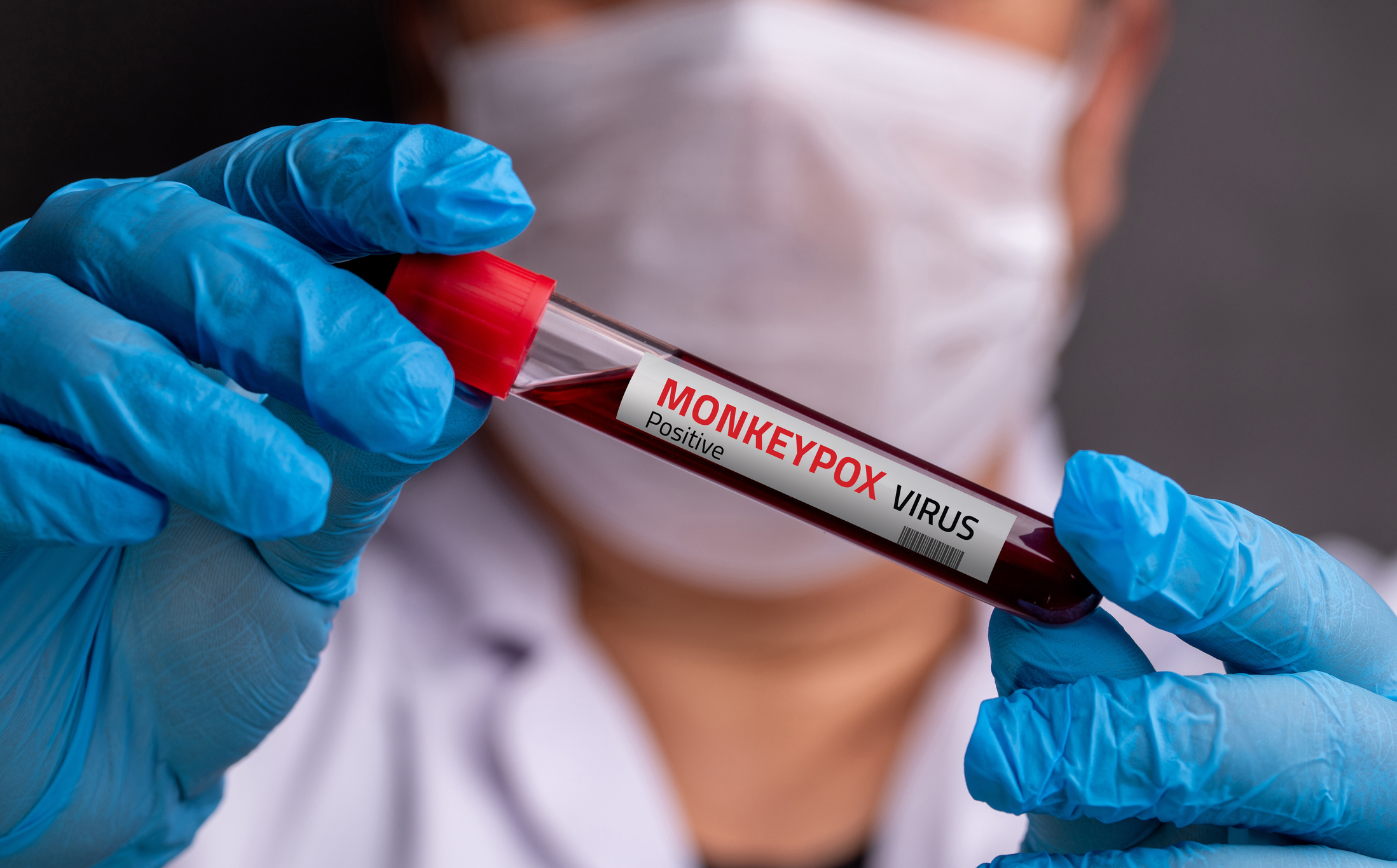To tackle the ongoing mpox outbreak, the World Health Organization (WHO) is seeking $87.4 million for the next six months. This funding will help implement essential activities from its strategic response plan, focusing on surveillance, research, community engagement, and ensuring equitable access to treatment to curb the virus’s spread.
This year, at least 14 countries in Africa have reported mpox cases, with over 17,000 suspected infections and 517 confirmed deaths, predominantly in the Democratic Republic of the Congo, where children have been significantly affected.
The WHO has labeled mpox a “public health emergency of international concern,” emphasizing the need for a coordinated global response to mitigate the outbreak and save lives. Formerly known as monkeypox, mpox gained international attention during the 2022 outbreak that affected numerous countries, including the U.S., Europe, and Australia. The virus has two main variants, clade I and clade II, which spread through close contact, primarily sexual interactions.
Recent developments have highlighted a more transmissible variant, clade Ib, which may shift prior beliefs about sexual transmission pathways associated with clade I. Current vaccines appear to provide some cross-immunity, though sufficient supplies remain a challenge.
According to Jimmy Whitworth, an emeritus professor at the London School of Hygiene and Tropical Medicine, about 10 million vaccine doses would be necessary, underscoring the importance of global cooperation in vaccine distribution rather than allowing stockpiling by wealthier nations.
The U.S. has already contributed an additional $17 million for mpox response efforts in Africa and plans to donate 50,000 mpox vaccine doses to the Democratic Republic of the Congo. This funding aims to improve surveillance, risk communication, and community involvement.
The risk level in the U.S. is considered low; however, if clade I spreads, the Department of Health and Human Services (HHS) anticipates lower rates of illness and death compared to what is occurring in the DRC.
HHS continues to recommend that at-risk individuals receive the Jynneos mpox vaccine, especially if they meet specific criteria:
- Known or suspected exposure to someone with mpox.
- Being a gay or bisexual man, or a transgender/nonbinary person, with recent STI diagnoses or multiple sexual partners.
- Anticipated exposure in similar scenarios.
